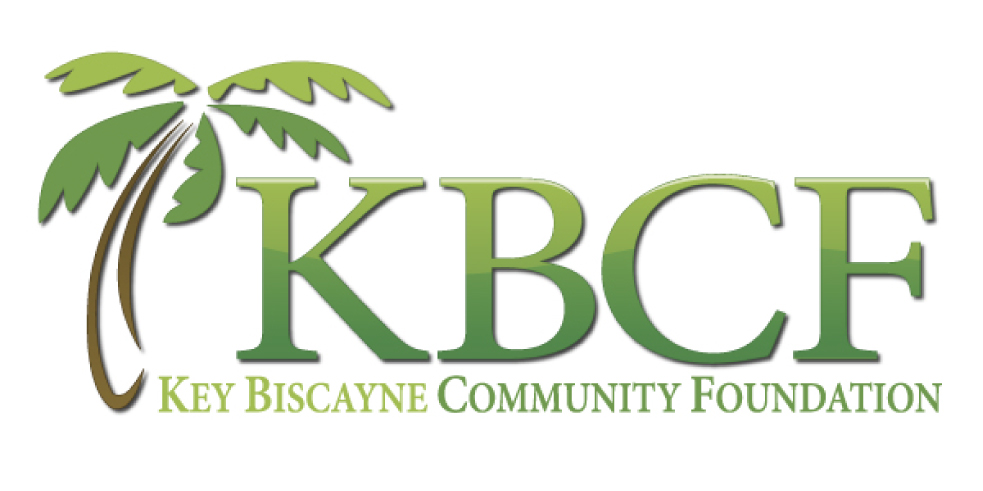
- December 12, 2022
- Posted by: Key Biscayne Community Foundation
- Category: Community Blog
A team of service providers is working together to better serve young people and families in Liberty City, a predominantly Black neighborhood in northwest Miami, Florida. The Miami Children’s Initiative — with funding and guidance from the Annie E. Casey Foundation — is leading the group.
Liberty City is one of five communities across the country carrying out the Foundation’s Evidence2Success® framework, a multi-step approach that cultivates long-term partnerships focused on child well-being between communities and public systems.
The team in Miami includes representatives from Miami-Dade County Public Schools, the Office of the County Mayor, the Jessie Trice Community Health System, Affirming YOUth, the Urban League of Greater Miami and other community-based organizations. In addition, the Miami-Dade County Children’s Trust and the Key Biscayne Community Foundation are funders.
UPLIFTING THE VOICES OF LIBERTY CITY’S YOUTH
Liberty City’s young people have played an instrumental role in the workgroup’s progress.
“It’s rare that leaders from such a diverse group of organizations can come together to make decisions with Liberty City’s Black youth,” says Mildred Johnson, a Casey Foundation senior associate. “By prioritizing the voices of young people, this team is helping to ensure that local youth and families receive the best services possible.”
The leaders relied on data from the Florida Youth Substance Abuse Survey, which measures substance use risk factors and deterrents in the lives of young Floridians. Last year, the team held three focus groups with Liberty City’s seventh- through tenth-graders. The young participants discussed their lives, communities, schools, and families while identifying strengths and opportunities for improvement.
These sessions — coupled with the survey findings — led the team to identify three major threats to local youth. They are:
- poor family management;
- poor academic performance; and
- substance abuse
The leaders worked to define responsive strategies — efforts that increased family involvement, enhanced academic achievement, and bolstered awareness about the dangers of substance use and abuse. They set an annual goal of improving each focus area based on pre- and post-program assessments and committed to tracking parental involvement in both school and afterschool activities over two years. The group also solidified a shared mission: boosting the emotional well-being of youth and families.
WHAT’S NEXT?
With a new mission in place, the team selected the Strong African American Families model to begin shifting select strategies into motion. Developed at the University of Georgia’s Center for Family Research, the seven-session program helps Black youth build self-esteem and avoid the pitfalls of peer pressure while teaching their parents and caregivers how to serve as a strong support system and safety net.
“Given the workgroup’s findings, Strong African American Families seemed like a natural fit,” says Johnson. “Not only is this model focused on the unique experiences of Black youth and their families, but it’s also designed to give participants important emotional tools that will serve them throughout their lives.”
The team is currently searching for a local service provider to oversee Strong African American Families. Once selected, this provider will recruit families to participate in the initiative — a step that is expected to occur in early 2023.
Click here for the original blog post on the Annie E. Casey Foundation website.
